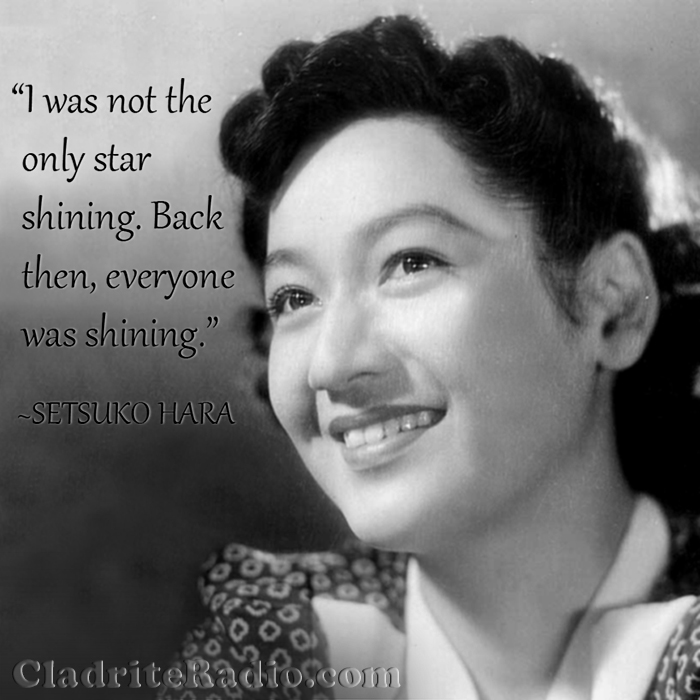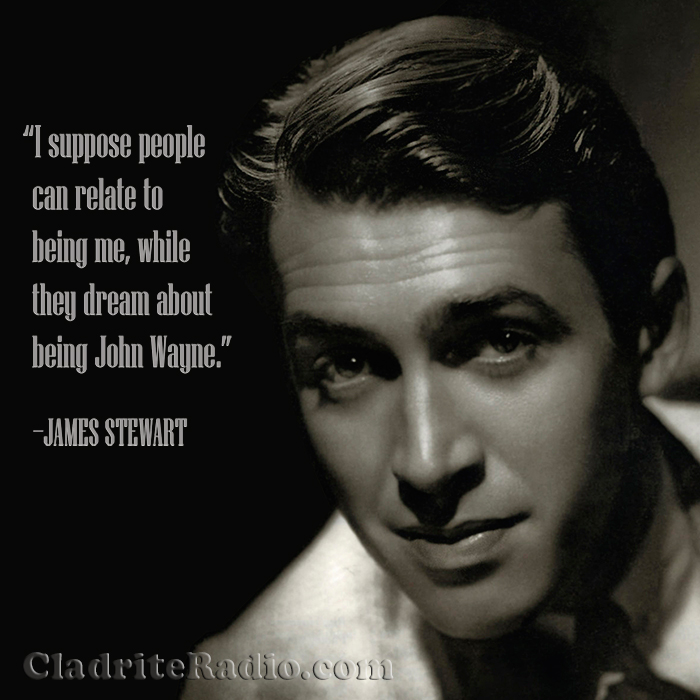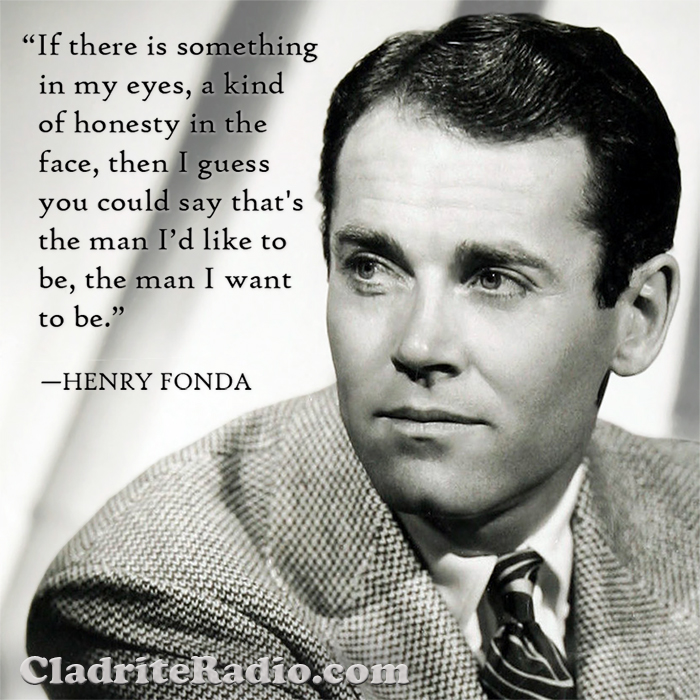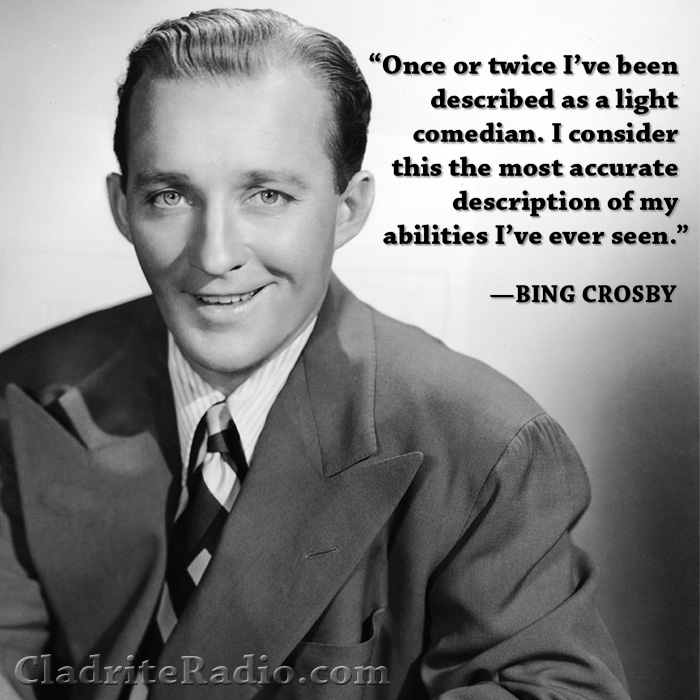We have in the past acknowledged our affinity for classic Japanese cinema, and as with Hollywood’s Golden Age, we certainly have our favorite actors from Japanese pictures of the 1930s, ’40s and ’50s. One of those was actress Setsuko Hara, who was born 97 years ago today.
We were frequently moved and inspired by her work (and we’ll admit to having a movie-star crush on her, too).
Hara worked in pictures for nearly 30 years, appearing in 101 films, but even so, her career somehow feels as if it was brief, for, like Greta Garbo before her, Hara made a stir by retiring at a young age (42) and retreating to an exceedingly private life in Kamakura, a seacoast town 30 miles southwest of Tokyo.
Setsuko Hara worked with some of the most acclaimed directors in Japanese cinema, including Akira Kurosawa, Keisuke Kinoshita, Mikio Naruse, and the director with whom she was most closely associated, Yasujirō Ozu. Hara and Ozu made six pictures together.
Born Aida Masae in 1920 in Yokohama, Hara made her motion picture debut at the tender age of 15. Two years later, she appeared in Atarashiki Tsuchi (The New Earth), a German-Japanese co-production, in the role that would rocket her to stardom, a young wife who follows her husband to Manchuria and eventually tries (but fails) to kill herself in a volcano. Much of Hara’s early work finds her portraying similar tragic roles.
After World War II, though, Setsuko Hara began to widen her range, sometimes playing modern, “new” Japanese women. These roles tended to be mixed in, though, with more those of traditional, typical Japanese women, as she played daughters, wives and mothers.
Hara, who never married, was called “The Eternal Virgin” by fans in Japan, and much like Garbo, she’s an icon of a classic era in Japanese cinema. But after her retirement, she refused all interview and photograph requests and declined when offered (as she no doubt frequently was) opportunities to resume her career. When she said goodbye, she meant it.
Upon retiring in 1963, Hara stated that she’d never really enjoyed acting, that she’d only done it to provide financial security to her large family, but some have also speculated that she was romantically involved with Ozu, who died shortly before she quit the movies, or even that she was losing her eyesight.
Novelist Shūsaku Endō once wrote of Hara’s work: “We would sigh or let out a great breath from the depths of our hearts, for what we felt was precisely this: Can it be possible that there is such a woman in this world?”
お誕生日おめでとう、ハラ節子。
(Happy birthday, Hara Setsuko, wherever you may be.)

This post appeared in slightly different form on 11/25/2015.




